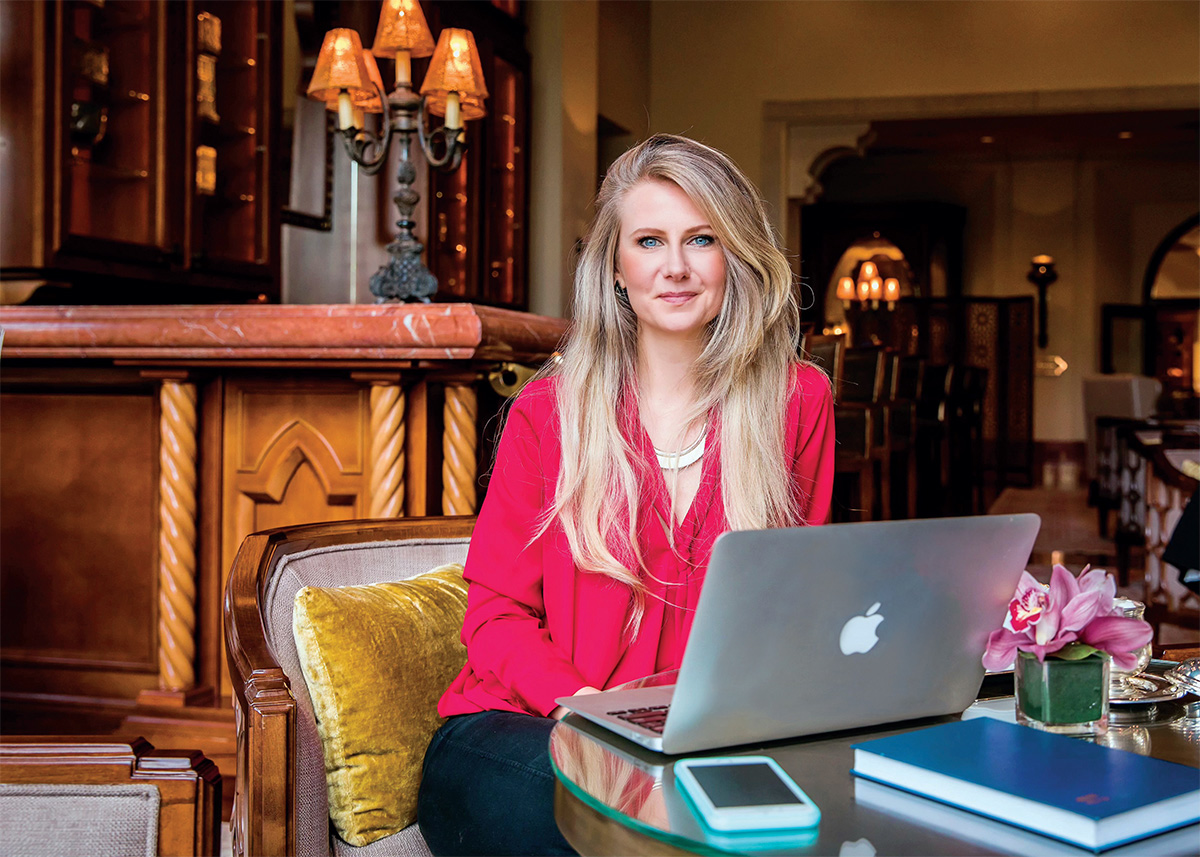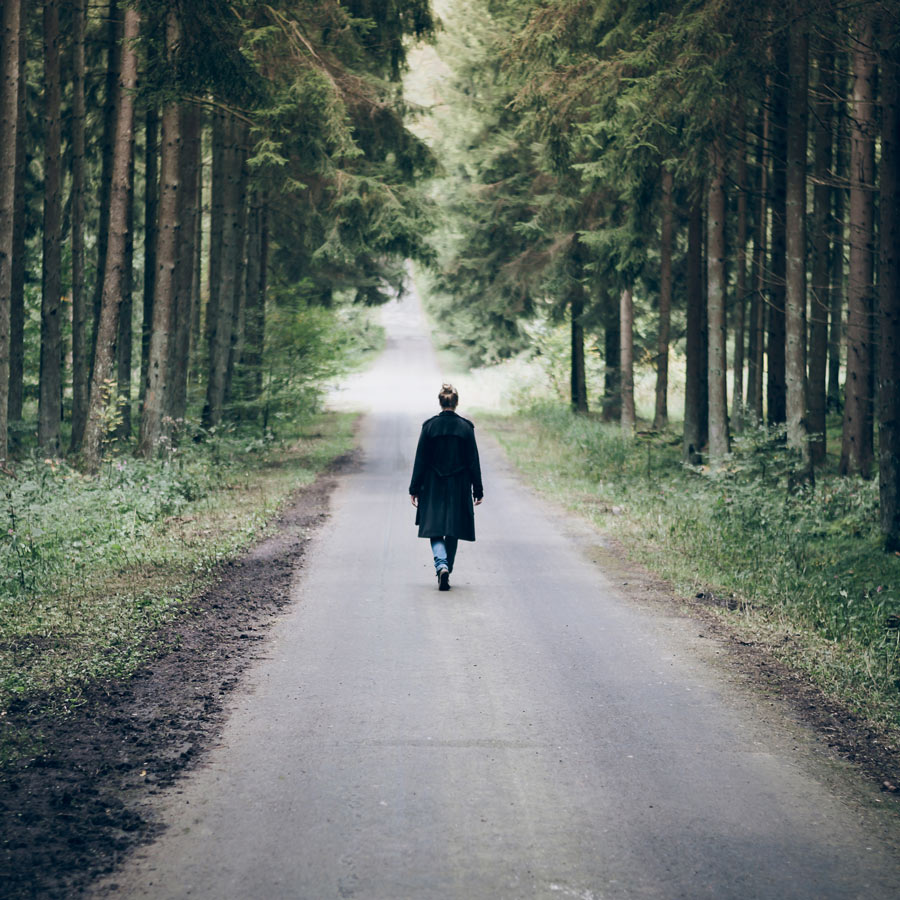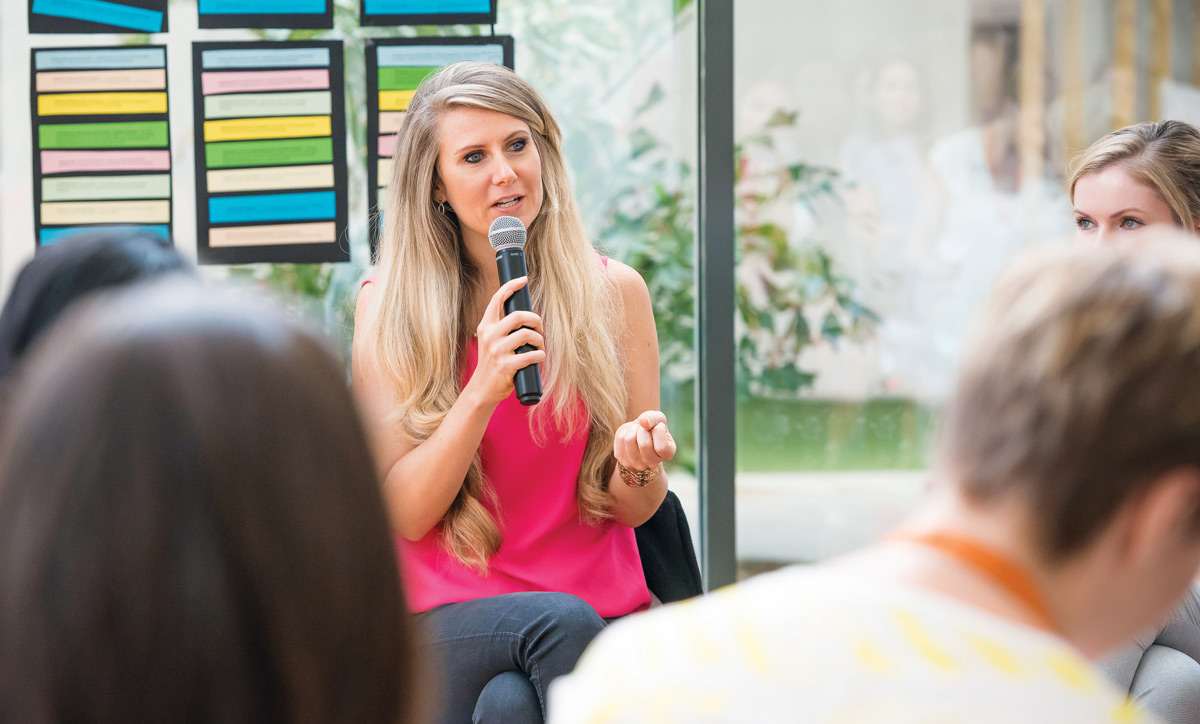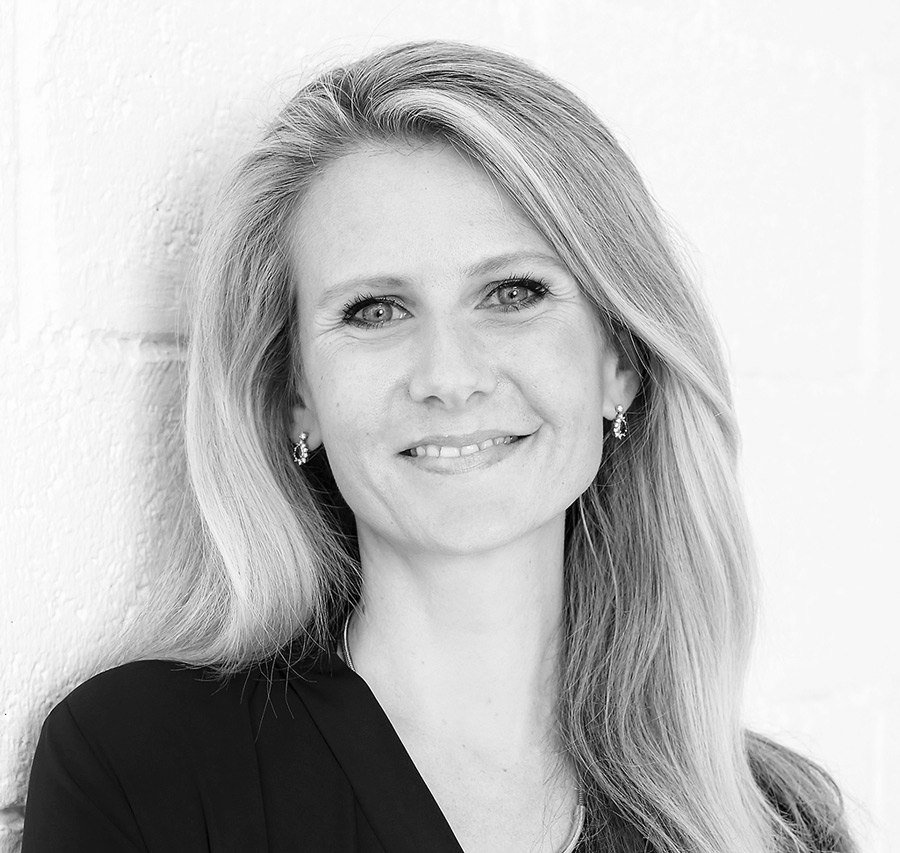Photo by Alex Jeffries Photography Group
by Zeta Yarwood
s I sat here thinking about what to write, something a wise man once said to me came into my mind: “You can’t make progress until you’re brutally honest about where you’re starting from.” That wise man was my previous boss, who then became my dear friend and mentor. He was killed in a water sports accident this past summer. His 12-year-old son, also critically injured in the accident, joined him in heaven ten days later. Being brutally honest, I am starting this article from a place of loss and grief.
This got me thinking about all the different forms of loss we experience as humans over our lifetimes. The loss of friends and loved ones. The loss of special relationships. The loss of dreams and hard-fought accolades. The loss of jobs and opportunities, employees and teams, reputation and face. Some lose their homes and the wealth they’ve strived so hard to build, others their health.
How intensely we feel loss is determined by two things:
- How much we have linked what we have lost to our survival
- How much we deeply, genuinely care about what we’ve lost

As leaders of our companies, our teams, our families, and our lives, we will all face loss. While there is no rushing grief—it needs to take its natural course—learning how to live and lead while experiencing loss is key. We also need to know how to support and lead others when they are grieving.
I’m not a grief expert. I don’t know all the answers, and everyone’s experiences of loss are different. All I can do is share the lessons I learned from job and personal loss, in the hope that if you’re stuck somewhere in the grief cycle and unable to move through it, or you have a paralyzing fear of loss which stops you from taking a risk or a chance, or you’re trying to help someone going through loss, it might help you to keep moving forward.

- Your emotions will tell you everything.
- You are a human being, not a human doing.
- Lessons learned can help cushion loss
- Job loss can gift us with space and time.
- Pain can teach us powerful lessons in humility and gratitude.
As I mentioned before, when I lost my job the first time, the underlying emotions were stress and shame, not sadness. This told me two things. First, I didn’t really care about the work or job I’d been doing. It had purely been about survival and income for me. Second, I cared too much about what people thought of me. It was the reason I took that job in the first place. It looked good on paper to others, but from the very beginning, I knew it wasn’t right for me. After losing my job I decided to never make a choice based on ego, and to never invest more time than necessary in something or someone that didn’t add value to or enhance my life. Spend time with those you love, doing what you love.
While I wanted so much to be a superhero—calm, courageous, and composed in the face of any adversity—I was anything but. I cried both times I was told I was losing my job. I’ve cried nearly every day since losing my friend and mentor. Learning about the death of his son had me in absolute pieces. I had (and still have) anxiety when I realized leaving Dubai would mean a significant loss of revenue. I used to hate my “negative” emotions so much, always viewing them as a sign of weakness. But I’m learning emotions are an essential part of the human experience; they are there to teach us about ourselves. Expressing our emotions isn’t weakness, it’s strength. Only a strong person can experience pain, knowing they will come through it wiser than before. Avoiding our emotions or pushing them away is a sign we don’t believe we’re strong enough to deal with them. Be kind to yourself. You’re a human being, not a robot. The sooner you face your emotions, the quicker you can process them and allow yourself to move forward in life.
In Viktor Frankl’s book, Man’s Search for Meaning, he talks about how to make sense of anything we have lost to allocate it a purpose, a reason it happened for us. In those moments where the loss isn’t so intense, you can ask, “What am I learning from this? About myself? What matters to me? Who do I want to be and how do I want to live moving forward? If God/the universe/a higher power put this on my path for a reason, what might that reason be?” When you can start to see some good might come from the loss, the feeling of loss dissipates, opening up the possibility of gaining something meaningful from the experience.
I was unemployed for almost a year after my first job loss. I was luckier than some—I had just about enough savings to keep me afloat for the time I was unemployed. This baseline level of safety allowed me to use the time and space I’d been given to really assess what I wanted out of my life. How many people are blessed with the time to do that in their careers? During this time, I found myself again, acknowledging that helping people—not status or money—was my core mission value. That’s when I went back to my roots in psychology and started becoming a coach. Now, doing something that matters to me, I’m coincidentally experiencing more freedom and financial reward than ever before. Time is a gift. Use it. Spend it getting to know yourself again. Connect with friends and family. Focus on your health. Hold on tight to your self-respect and do things that make you feel good. Because it’s when we’re feeling good about ourselves that we’re motivated to keep moving forward.
Yes, I’d lost my job, but the reality was, I was never going to starve. My British privilege with access to government support and having privileged friends and family who would never let me live on the streets saw to that.
It made me realize how much of my privilege I’d taken for granted. And perhaps in some way, I had thought that being British and “superior” in education and qualifications, compared to those who had come from poorer countries with “inferior” education and qualifications, I’d somehow be immune to the rounds of job losses being made throughout Dubai. It made me realize how much worth came from what I was seen to have or own. I came face to face with my ego. And it was uncomfortable.

Research has shown that once our basic survival, social, and spiritual needs are met (e.g., air, food, water, shelter, human connection), the only remaining things we need to thrive are a nourishing and growth-encouraging environment and tribe, good sleep, sunlight, movement, and experiential play. Everything else we’re told we need is just a story concocted by marketing teams worldwide, cleverly woven to convince us that we need their product or service to be happy, successful, and loved. Don’t buy it, they say, and you will be miserable and left behind.
Losing my job helped me to let go of society-driven, egoic wants and needs, to come back to who I am and what matters to me, and to focus on being grateful in the moment.
Losing people is and will always be a powerful reminder to be present.
The loss of a person is different. The grief doesn’t disappear. You learn to live with it, and over time it changes shape. Eventually, at certain points, you can think of that person and instead of being in the grip of pain, you can only smile.
Leadership is one of the hardest roles anyone can ever undertake. Being able to manage our emotions in the midst of loss and adversity while staying strong enough to help our teams and peers manage theirs is one of the greatest challenges we will ever face. Gift yourself with the time to feel your fear and loss, the kindness and compassion to understand and appreciate their presence and lessons learned, and the encouragement to keep moving forward, one step at a time.

zetayarwood.com